Zum Beispiel Suberg (2013)
Genre : Documentary
Runtime : 1H 30M
Director : Simon Baumann
Synopsis
It's about a little village in Switzerland, and about one guy who lives there since 32 years and doesn't know anyone there...

In the 1980s the breathtaking scenery of the Engadine is the setting of a social tragedy. The local youth rejects the rigid rules of traditional society. Along with juvenile get-togethers, heroin appears in the mountain valley. As more and more die from overdose, society reacts to the crisis by isolating itself and averting its eyes. The film lifts the veil on the stories untold. Can the memories of this bleak past become part of the Engadine’s acknowledged heritage?

A barren soundstage is stylishly utilized to create a minimalist small-town setting in which a mysterious woman named Grace hides from the criminals who pursue her. The town is two-faced and offers to harbor Grace as long as she can make it worth their effort, so Grace works hard under the employ of various townspeople to win their favor. Tensions flare, however, and Grace's status as a helpless outsider provokes vicious contempt and abuse from the citizens of Dogville.

It’s 1941 and the Japanese attack on Pearl Harbor has destroyed America’s morale. The US President Franklin D. Roosevelt then decides to risk it all by bombing Tokyo and raise more hope for his citizens. After completing its mission, a unit of the US Air Force is forced to make an emergency landing in China. Its commander Jack Turner (Emilie Hirsch) barely survives but gets rescued by Ying (Crystal Liu), a local widow who will stop at nothing to hide him from the Japanese occupant.
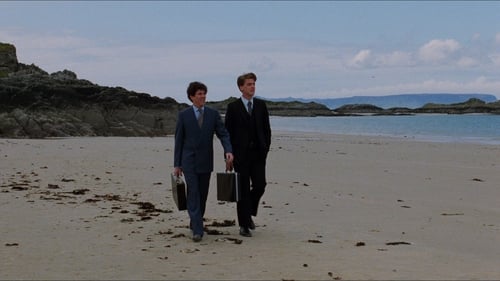
An American oil company sends a man to Scotland to buy up an entire village where they want to build a refinery. But things don't go as expected.
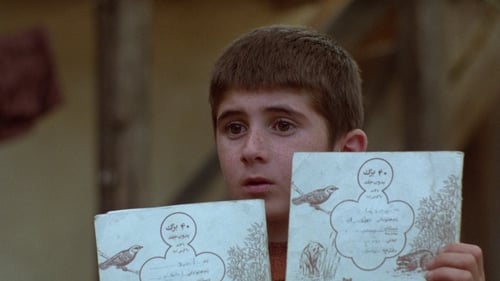
An 8 year old boy must return his friend's notebook he took by mistake, lest his friend be punished by expulsion from school.
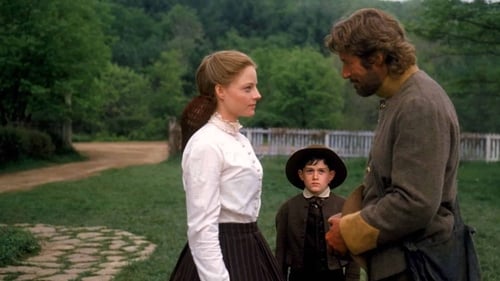
Set in the South just after the US Civil War, Laurel Sommersby is just managing to work the farm without her husband, believed killed in battle. By all accounts, Jack Sommersby was not a pleasant man, thus when he suddenly returns, Laurel has mixed emotions. It appears that Jack has changed a great deal, leading some people to believe that this is not actually Jack but an imposter. Laurel herself is unsure, but willing to take the man into her home, and perhaps later into her heart.

The film describes the microcosmos of the small village Wacken and shows the clash of the cultures, before and during the biggest heavy metal festival in Europe.
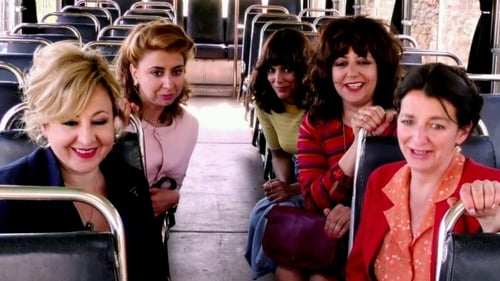
Villaviciosa de al Lado is a peaceful town stuck in time, living exclusively of the fame of a 200 years-old spa. Therefore, city hall's debts threatens to close the spa and ruin all town. Their salvation becomes when suddenly mayor Anselmo and the rest of members of city hall realize that they won the Christmas Lottery. But their happiness turns in horror after to discover that the prize belongs to a serial number distributed by the town's brothel, causing the suspicion of the wives and fear of the husbands after a TV interview where Mari, brothel's owner, claims that the almost men of the town will have prize from the lottery. Wanting a way to charge the prize to save the town without having to suffer the anger of their respective women, Anselmo, Ricardo, César, Juandi and Paco plots a plan in order to steal the money from the brothel, meanwhile Mari tries reconcile her stranded life and restore the memory of her deceased father, a former mayor.

When an injured wife-murderer takes refuge on a remote Lancashire farm, the farmer’s three children mistakenly believe him to be the Second Coming of Christ.

Johan and his family are Mennonites from the north of Mexico. Against the law of God and Man, Johan falls in love with another woman.

A comedy/drama set in a village and centered on a battle of the sexes, where women threaten to withhold sexual favours as long as the men refuse to install a water pipe.

Fleeing heartbreak in the big city, Ichiko returns to Komori, her rural hometown. She battles summer's rain and humidity, bakes her own bread, grows hothouse tomatoes and tills the fields. During autumn, the time for pickling and preserving fish and sweet potatoes, Ichiko begins reaping rice and recalls her departure five years before.
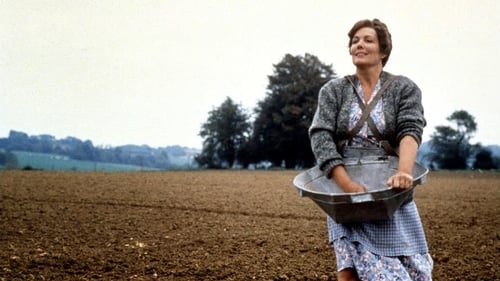
After World War II, Antonia and her daughter, Danielle, go back to their Dutch hometown, where Antonia's late mother has bestowed a small farm upon her. There, Antonia settles down and joins a tightly-knit but unusual community. Those around her include quirky friend Crooked Finger, would-be suitor Bas and, eventually for Antonia, a granddaughter and great-granddaughter who help create a strong family of empowered women.

Ichiko bakes a cake for an end-of-year party with her friends. In the depths of winter, making mochi and curry keeps the people of Komori warm. Later, spring brings thoughts of her absent mother as well as rice planting and sakura, and she begins to think of leaving Komori behind again.
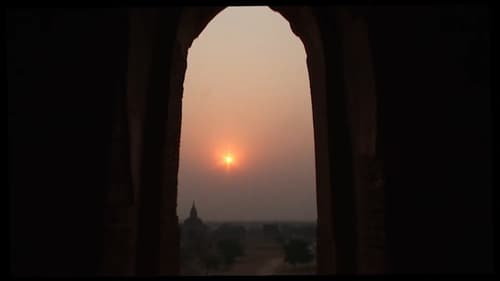
For the first time, traditional Burmese singers Khing Zin Shwe and Shwe Shwe Khaing are recording an album that introduces people around the world to the Maha Gita (Great Songs), which have been sung in South Asia for 700 years. They also introduce viewers to life in Myanmar, a Buddhist country of great beauty.
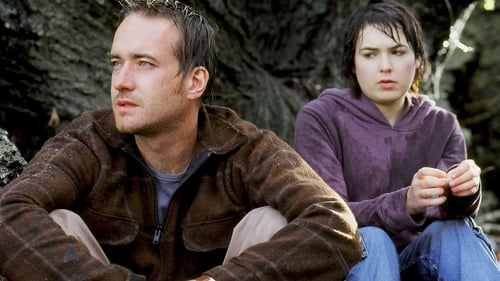
Paul (Macfadyen), a prize-winning war journalist, returns to his remote New Zealand hometown due to the death of his father, battle-scarred and world-weary. For the discontented sixteen-year-old Celia (Barclay) he opens up a world she has only dreamed of. She actively pursues a friendship with him, fascinated by his cynicism and experience of the world beyond her small-town existence. But many, including the members of both their families (Otto, Moy), frown upon the friendship and when Celia goes missing, Paul becomes the increasingly loathed and persecuted prime suspect in her disappearance. As the violent and urgent truth gradually emerges, Paul is forced to confront the family tragedy and betrayal that he ran from as a youth, and to face the grievous consequences of silence and secrecy that has surrounded his entire adult life.

A German Documentary about the “village of friendship” that was created by American Veteran George Mizo to help the Vietnamese kids suffering from the Vietnam War.

Hekule, the King of Kuvukiland, is given a gemstone by the dying Kunji Balanadin. The stone is cursed and causes Hekule to become possessed by the spirit of the mischievous Kunji. It is up Mr. Bones, the royal witch doctor to cure his King and get rid of this cursed stone by returning the gem to its home in an Indian fishing village.

In the Brazilian countryside, the village of Monteiros hosts a unique event every year. When a person’s prayers are granted, they offer the village’s dogs a feast. Between religious celebration and popular belief, Lazarus’ Hunger powerfully documents a community coming together.

Shot by Methodist missionaries, this is an incredibly charming record of small-town life in an unidentified location in China. We see a bustling wharf town with canal-side dwellings, distinctive school buildings, and a hospital where newly graduated nurses pose for a group portrait. The relaxed smiles of Chinese and Europeans are captured in intimate close-ups, suggesting a tight-knit community.


















